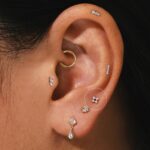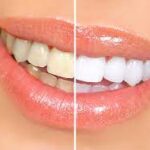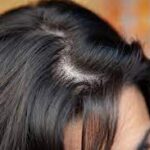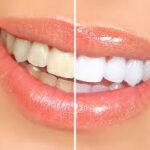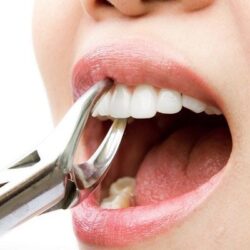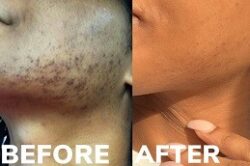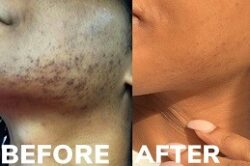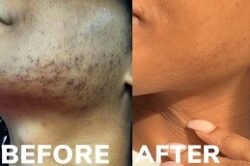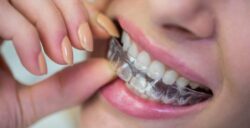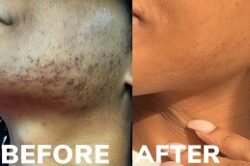Is Permanent Hair Removal Haram or Halal?
Permanent hair removal has become a popular cosmetic procedure worldwide, including in Muslim-majority countries. However, many Muslims question whether undergoing permanent hair removal treatments aligns with Islamic teachings. The answer to whether Is It Haram to Do Laser Hair Removal Dubai on several factors, including the method used, the intention behind it, and which part of the body is being treated.
Islamic Perspective on Hair Removal
Islam provides clear guidelines regarding hair removal. According to various hadiths and scholarly opinions, certain types of hair removal are encouraged, while others are discouraged or even prohibited.
Hair Removal That Is Encouraged
The removal of specific body hair is considered part of Fitrah (natural human disposition), as mentioned in hadiths of the Prophet Muhammad (peace be upon him). These include:
-
Removing pubic hair
-
Plucking or trimming armpit hair
-
Trimming the mustache (for men)
-
Clipping nails
These acts are recommended and contribute to personal hygiene in Islam. Scholars agree that removing this hair is a Sunnah practice and should be done regularly.
Hair Removal That Is Discouraged or Forbidden
In contrast, Islam forbids the removal of certain types of hair:
-
Eyebrow shaping (except for medical reasons): According to a hadith reported by Ibn Mas’ud (RA), the Prophet (PBUH) cursed those who pluck their eyebrows and those who do it for others.
-
Hair Removal Leading to Imitation of the Opposite Gender: Men are prohibited from removing their beards, as it is a distinguishing feature of masculinity in Islamic culture. Similarly, women are discouraged from shaving their heads unless medically necessary.
Now, the question arises: Is permanent hair removal halal or haram under these guidelines?
Permanent Hair Removal: Halal or Haram?1. Permissibility Based on Body Area
-
Halal (Permissible):
-
Permanent removal of pubic and armpit hair (as these areas should be maintained clean)
-
Removing excessive facial hair for women (e.g., thick beard or mustache-like hair, which may cause distress)
-
Unwanted body hair (arms, legs, chest, back, etc.), as Islam does not prohibit their removal
-
-
Haram (Forbidden):
-
Shaping or thinning eyebrows (unless for medical or corrective reasons)
-
Any hair removal that changes natural features with the intent of imitating the opposite gender
-
2. Intention Matters in Islam
In Islam, niyyah (intention) plays a crucial role in determining whether an act is permissible. If the intention behind permanent hair removal is to maintain hygiene, boost self-confidence, or reduce excessive hair growth that causes embarrassment, it is considered halal. However, if the intention is to imitate non-Islamic beauty standards or to change one’s natural appearance beyond moderation, it may be discouraged.
3. Type of Hair Removal Methods
Islamic scholars also evaluate the method used for hair removal when determining permissibility:
-
Laser Hair Removal: Generally considered halal, as it does not involve the use of haram substances and provides long-term hygiene benefits.
-
Electrolysis: A permanent method that is also deemed halal if used on areas permitted for hair removal.
-
Waxing and Threading: These are temporary methods and are permissible for areas where hair removal is allowed.
Scholarly Opinions on Permanent Hair Removal
Different Islamic scholars have expressed varying opinions on the matter:
-
Majority Opinion: Many contemporary scholars agree that permanent hair removal is permissible as long as it does not interfere with Islamic teachings regarding specific prohibited areas (such as shaping the eyebrows or removing the beard for men).
-
Conservative View: Some scholars argue that changing anything permanently in one’s body might fall under Taghyeer Khalq Allah (changing Allah’s creation), which is condemned in the Quran (Surah An-Nisa 4:119). However, this mainly applies to drastic alterations rather than hygiene-based treatments.
Conclusion
Permanent hair removal is generally halal in Islam when done for hygiene, personal comfort, or aesthetic reasons within permissible limits. However, shaping eyebrows, removing a man’s beard, or altering features to resemble the opposite gender is considered haram.
As with many Islamic rulings, intention plays a significant role. If permanent Is It Haram to Do Laser Hair Removal in Dubai cleanliness and confidence without violating Islamic principles, it is allowed. To ensure compliance with Islamic guidelines, it is advisable to consult a knowledgeable scholar if uncertain about a specific treatment.








